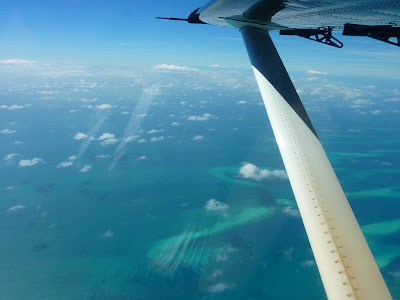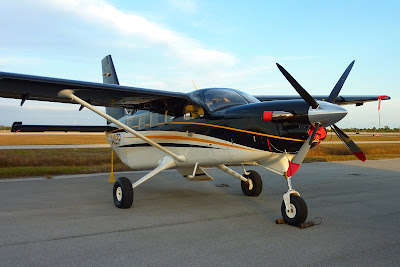Of course you have seen the images coming from Haiti. On Sunday we spent a bit of time being shown around by Haitian friends of the MAF staff. Here are a few images of my own. They require little comment.
Life on the streets continues. Food is available, if you have money to buy it. But that's the problem. Normal sources of income, as meager as they were before, have been disrupted. Port Au Prince is in a "slow burn" as the secondary crisis mounts. Rainy season will begin in weeks. Disease will become public enemy number one, but security will also decline as people get more desperate. I was impressed with how well-mannered the Haitian people were, considering what they've been through, but how far will their tolerance stretch?
We attended an English service church on Sunday. The pastor reflected the soul-searching that all Haitians are going through. And he called for a renewed commitment to obedience to God and a seeking of His will for Haiti in this catastrophe.

Next week Mark Wuerffel and I will be in Spokane, finishing off the training of our latest two Kodiak pilots from Papua New Guinea. Then Mark will take a turn in Haiti, and I will probably follow him for the last two or three weeks of March. Where is the end of all this? How will the city ever be rebuilt? Answers to those questions seem like a luxury right now as we work on the immediate goals of relieving the suffering and averting a secondary disaster, while in the process try to demonstrate God's love and His story of redemption.































